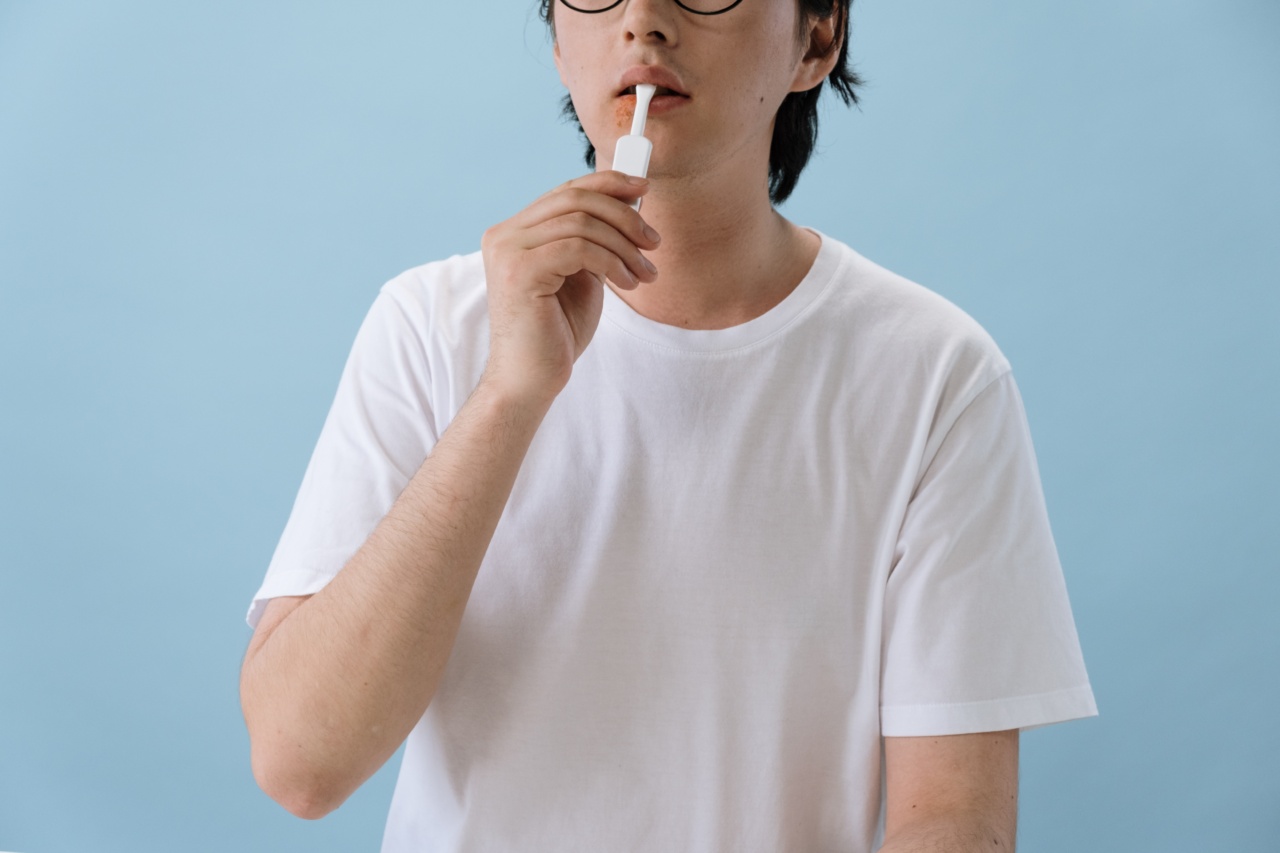Herpes is a common sexually transmitted disease caused by the herpes simplex virus. Once infected, the virus can stay dormant for a long time and then reactivate, causing herpes flare-ups.
These flare-ups can be painful and discomforting, often resulting in sores and blisters around the genital area or mouth. However, preventing herpes flare-ups has never been easier with some simple lifestyle changes, medications, and alternative therapies.
What Causes Herpes Flare-Ups?
Herpes flare-ups occur when the herpes simplex virus becomes active again after lying inactive in the dorsal ganglion. The triggers vary from person to person, but common factors that may cause the virus to reactivate include:.
- Stressful events
- Other illnesses that weaken the immune system
- Menstrual periods in women
- Sexual intercourse
- Excessive sunlight
- Being run down or tired
Preventing Herpes Flare-Ups
Although there isn’t a cure for herpes, there are several ways to reduce your chances of having a recurrence. By following these tips, you can help minimize the risks of a herpes flare-up and avoid spreading the virus to others.
1. Take Antiviral Medications
Antiviral drugs like acyclovir, famciclovir, and valacyclovir can help reduce the frequency and severity of herpes flare-ups. These drugs work by preventing the virus from multiplying.
It’s essential to take these medications as prescribed by your doctor to get the most benefit from them.
2. Practice Safe Sex
Use condoms during intercourse and oral sex to prevent the transmission of herpes. If you and your partner both have herpes, the virus can still spread, so it’s essential to continue practicing safe sex.
Avoid having sex when you’re experiencing a flare-up or having any symptoms like itching or tingling.
3. Manage Stress
Stress can trigger herpes outbreaks, so it’s crucial to learn ways to manage it. Exercise, meditation, and yoga can help you relieve stress and anxiety.
Also, getting enough sleep and taking time to relax can help prevent stress from building up and causing a herpes flare-up.
4. Keep Your Immune System Strong
A healthy immune system can help fight off infections, including herpes. Make sure you get enough rest, eat nutritious foods, and exercise regularly.
Taking vitamins and supplements like vitamin C, zinc, and echinacea may also help boost your immune system.
5. Avoid Trigger Foods
Some people may have specific trigger foods that can cause their herpes flare-ups. Chocolate, nuts, and caffeine are common foods that may trigger an outbreak. Keep a food diary to track which foods affect you and avoid them in the future.
6. Use Natural Remedies
Alternative therapies like aloe vera, tea tree oil, and lemon balm have shown promise in reducing the symptoms of herpes flare-ups. Applying these remedies directly to the affected area can help soothe the skin and reduce redness and swelling.
However, it’s essential to talk to your doctor before trying any alternative therapies to avoid any potential side effects.
The Bottom Line
Living with herpes can be challenging, but by taking some simple steps, you can help prevent flare-ups and live a normal life.
Remember to take your medications as prescribed, practice safe sex, manage stress, keep your immune system strong, avoid trigger foods, and try natural remedies. If you experience any severe symptoms or feel any discomfort, it’s essential to talk to your doctor immediately.































